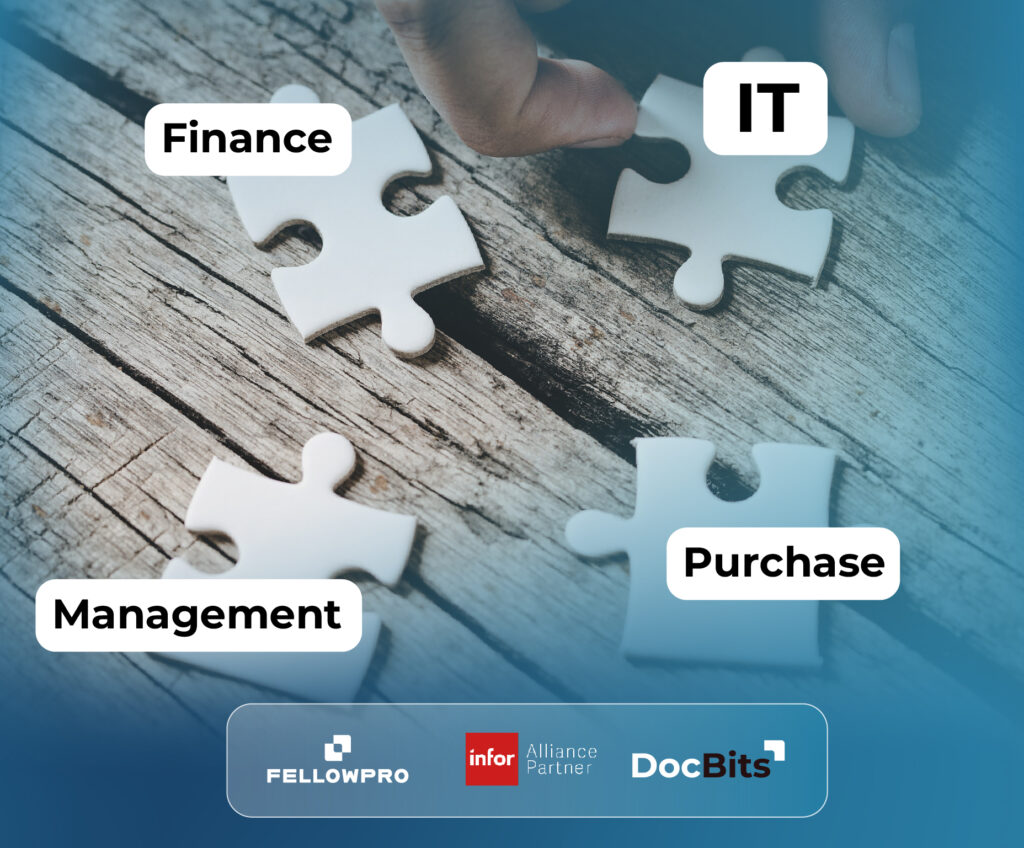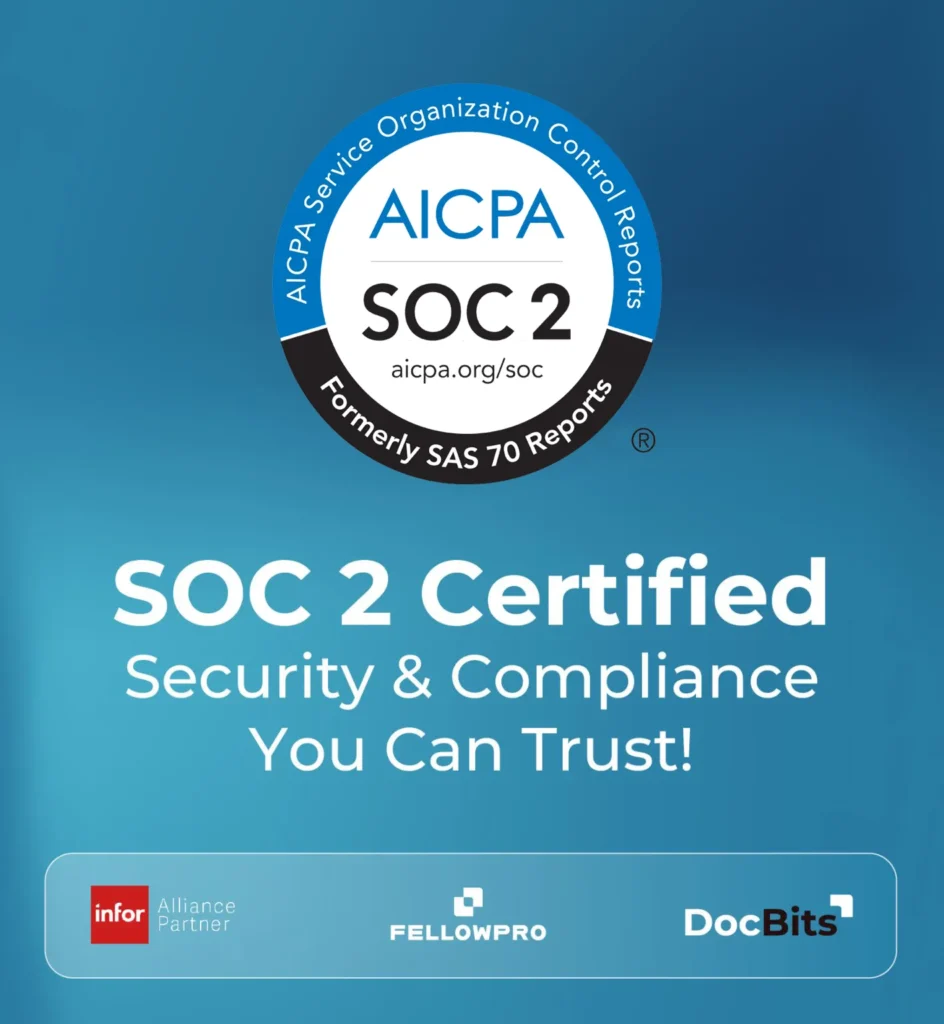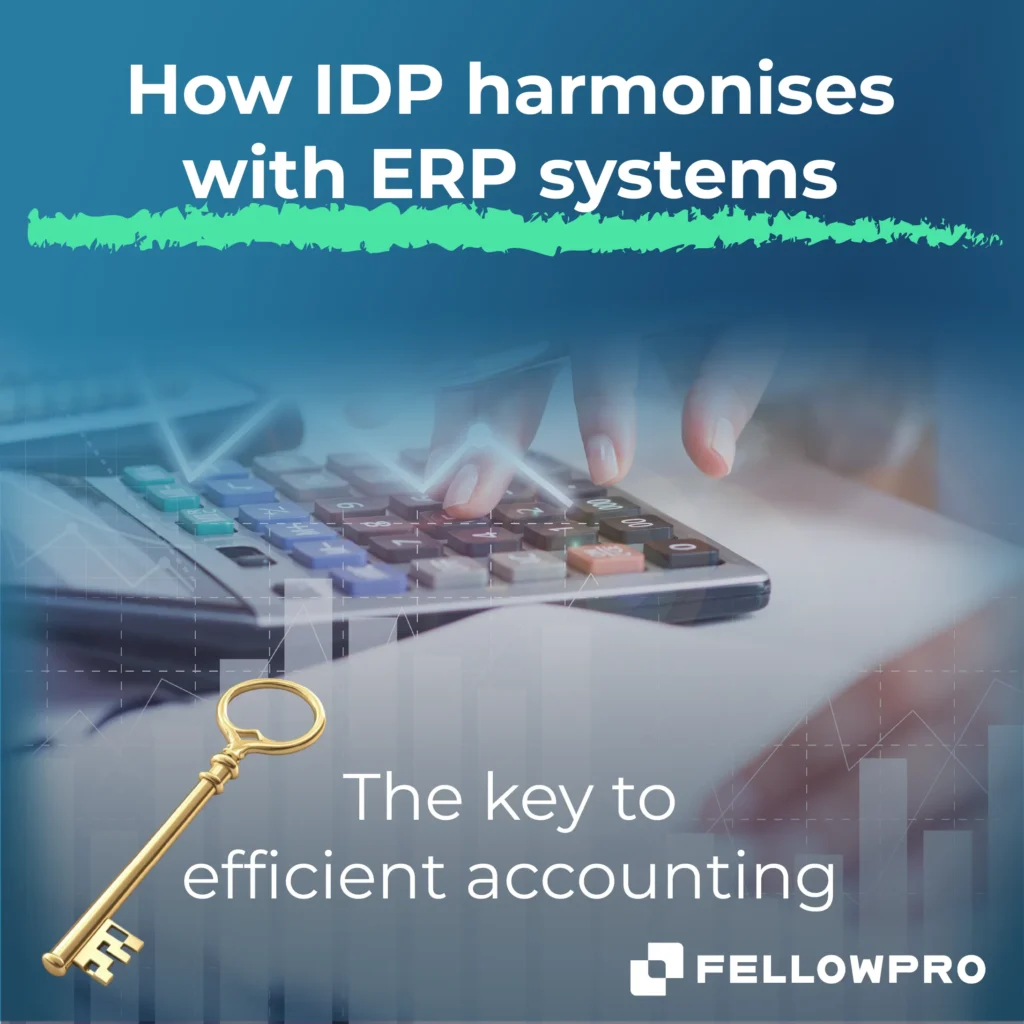
What happens if you continue to process manually? – and why automation pays off. In many companies, central processes such as the processing of invoices,
Whether it’s a business website, online shop or travel blog, if you want to start one of these projects on the Internet, you can’t do it without an Internet domain.
A domain is a globally unique name/address (similar to a fingerprint) by which prospects can find specific content on the internet or network. It is a logically separate part of the Domain Name System (DNS) and an essential part of the Uniform Resource Locator (URL). A domain indicates where in the hierarchical structure a corresponding resource can be found.
The full name of a domain is called FQDN (Fully Qualified Domain Name) and it can be broken down into four sections:
In order to connect your domain to an IP address, you need to register or log in your domain. Only then can your website be found on the Internet. But before you register or buy a domain, you should consider a few important aspects. Because you should not forget that the domain forms the basis of your future website.
A domain is of great importance as it serves as a unique address on the Internet and identifies websites. The purpose of a domain is to give users easy access to a specific website and make it memorable. A well-chosen domain is therefore an essential part of a successful online presence. It improves the visibility and accessibility of a website and strengthens the brand image.

What happens if you continue to process manually? – and why automation pays off. In many companies, central processes such as the processing of invoices,

Why efficiency makes all the difference – especially in document processing Time is money. A phrase that many have heard many times – but in

– and the Key to Business Success “Knowledge is power” – a quote that is more relevant to businesses today than ever before. In times

– why either or? What good is a brilliant idea if it never becomes reality?In the business world, it is no longer enough to rely

The security of sensitive data is more important than ever for companies today. Customers expect their information to be protected and processed to the highest

The security of sensitive data is more important than ever for companies today. Customers expect their information to be protected and processed to the highest

Unternehmen, die Finanzprozesse für ihre Kunden abwickeln, stehen vor der Herausforderung, Vertrauen und Sicherheit zu gewährleisten. Besonders wenn es um sensible Daten geht, sind starke

Imagine your accounting team struggling with a mountain of invoices that are manually transferred to the ERP system. Errors and delays are inevitable. But with